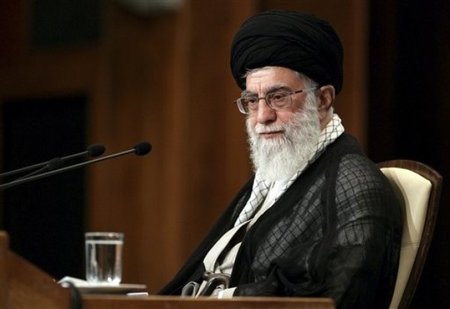
Michael Rubin explains why Iran's Byzantine power structure may complicate the U.S. response to an alleged plot to kill a Saudi envoy on American soil:
Iran is a dictatorship, but not in the style of Kim Jong-ilâ??s North Korea or Saddam Husseinâ??s Iraq. The Supreme Leader is the ultimate authority, and his word is gold, but he doesnâ??t simply give his minions orders and expect them to be carried out. Rather, according to expertsâ?? estimates, he presides over an office that includes several hundred, or perhaps a couple of thousand, commissars who are inserted at every level of every bureaucracy, and they stove pipe information back to him. Whenever he disapproves of a debate or a proposed action, he will shut it down. Whatever rises to the surface, however, he implicitly endorses. Because he rules by veto power, however, Western intelligence agencies will never find a smoking gun. This will, in turn, lead to a policy debate about whether the perpetrators of the plot were simply rogue actors.
The DEA and FBI have been building this case since May, so if a "smoking gun" linking Khamenei to the plot were available I think we'd have heard about it by now.
That said, these charges, should they hold up, still raise some serious questions about the Iranian power structure and its motivations even without Khamenei's fingerprints. While Max Fisher and Steve Clemons have been engaging in a smart debate over whether or not such a plot is in Iran's best interest, they neglect to ask another critical question: Who's determining Iran's interests these days?
(AP Photo)











